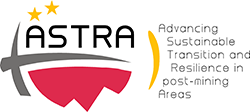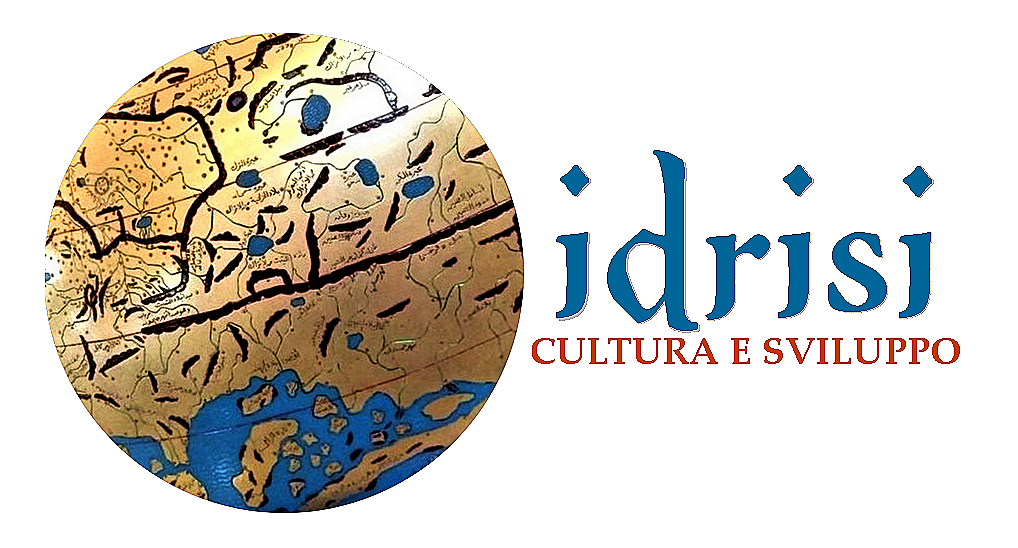Bolesław Śmiały coal mine
50º 8' 28'' N 18º 51' 54'' E
South
Poland
Description
The Bolesław Śmiały coal mine is a large mine in the south of Poland in Łaziska Górne, Silesian Voivodeship, 172 km south-west of the capital, Warsaw.
Extracted Materials
Bolesław Śmiały represents one of the largest coal reserve in Poland having estimated reserves of 50 million tonnes of coal. The annual coal production is around 2.13 million tonnes
Antropological info
Coal for power, iron ore for steel girders, minerals for our smart phones: the mining business is booming. More and more anthropologists are uncovering effects of this development that would otherwise risk falling under the radar.
Sociologal info
Examples of such conflict are many, and several reasons have been advanced as to the causes for these conflicts and are based on structural controls of different governments.
Archaeological info
Poland generates most of its electricity from burning coal and is the only European Union state that has refused to pledge carbon neutrality by 2050, arguing it needs more time and money to shift its economy to clean energy sources.
Sustainable tourism insights
Saline waste waters are a concern of many industries. The coal mining industry in Poland is a case in point: discharging around 4 millions tons of sodium chloride into rivers every year. ZERO BRINE is turning this problematic waste into a source of income by recovering all materials such as water, salts, and minerals for reuse in industries while curbing energy use. During the site visit, journalists, industry experts, academics, and policy-makers are invited to see the technology and to learn the latest results and benefits for the environment, society and business, thus advancing the triple bottom-line of sustainability.
Environment sustainability
Saline wastewaters are a concern of many industries. The coal mining industry is particularly affected: every year Poland discharges around 4 million tonnes of sodium chloride (salt) into rivers, coming mainly from coal mines. This causes environmental damage and economic strains due to pollution fees.









